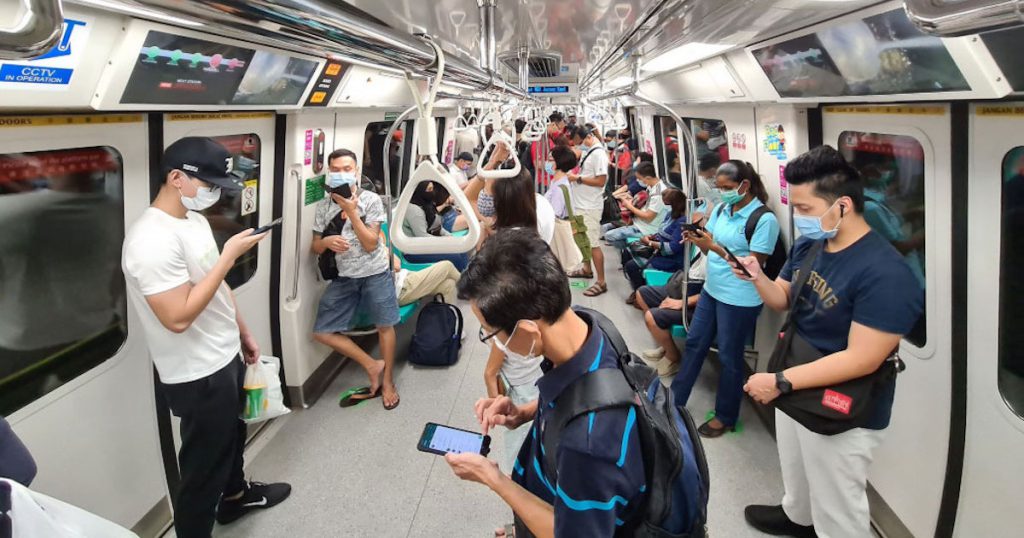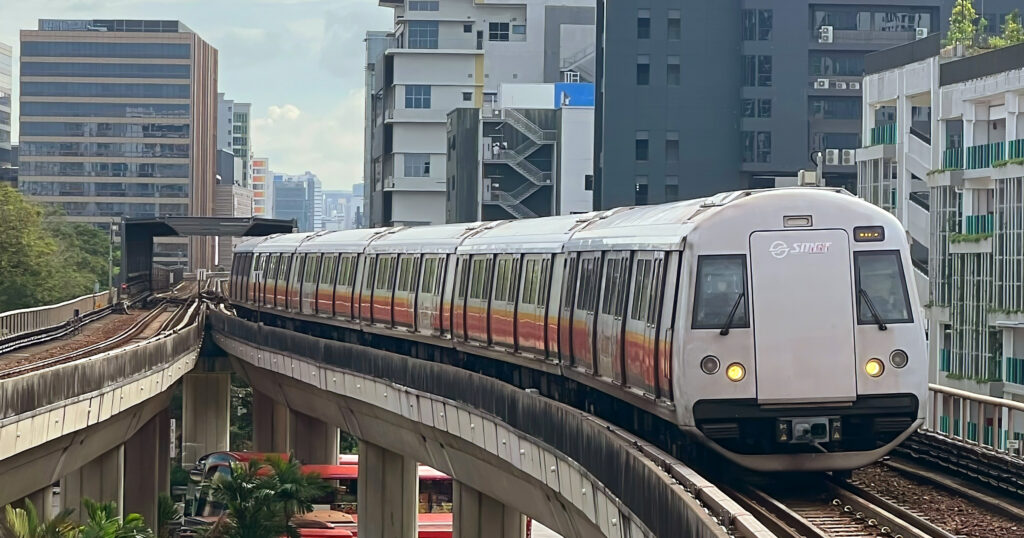In a bid to make way for faster and more advanced 5G services, M1, Singtel, and StarHub have jointly announced today (July 26) the retirement of all 3G services, including voice, messaging, and data, effective from 31 July 2024.
This decision comes as 3G technology is no longer widely used in the country, with the majority of customers already migrated to the newer 4G and 5G mobile networks.
With the discontinuation of 3G networks, the mobile operators plan to repurpose the freed-up spectrum to enhance their 5G services. The advanced 5G networks offer users faster speeds, higher data throughput, as well as improved security and reliability, making them essential for both consumers and enterprise users.
Over the past few years, M1, Singtel, and StarHub have been proactively encouraging 3G customers to transition to the newer 4G and 5G networks. These newer networks have become the preferred choice for mobile users in Singapore, providing a seamless and efficient experience.
The number of customers still utilising 3G services has dwindled significantly, primarily comprising individuals with older mobile devices or SIM cards that are incompatible with the newer 4G and 5G networks. As a result, the retirement of 3G services is not expected to impact a significant portion of the population.
To ensure a smooth transition, the mobile operators plan to take proactive measures in communicating with the remaining 3G users and providing assistance to those who need help migrating to newer networks.
For customers who are currently on 3G-only or early release 4G handsets, M1, Singtel, and StarHub will offer a wide range of 4G and 5G handsets at various price points, making it convenient for them to switch to the latest technology.
For customers still using 3G-only SIM cards, information about where to upgrade their SIM cards will be available on their respective operator’s websites.
The retirement of 3G services marks a significant step in the advancement of Singapore’s mobile networks, paving the way for the widespread adoption of 5G technology. As the nation embraces the era of 5G, it is expected to unlock new possibilities across various sectors, including telecommunications, healthcare, transportation, and more.
Featured Image Credit: LTA










